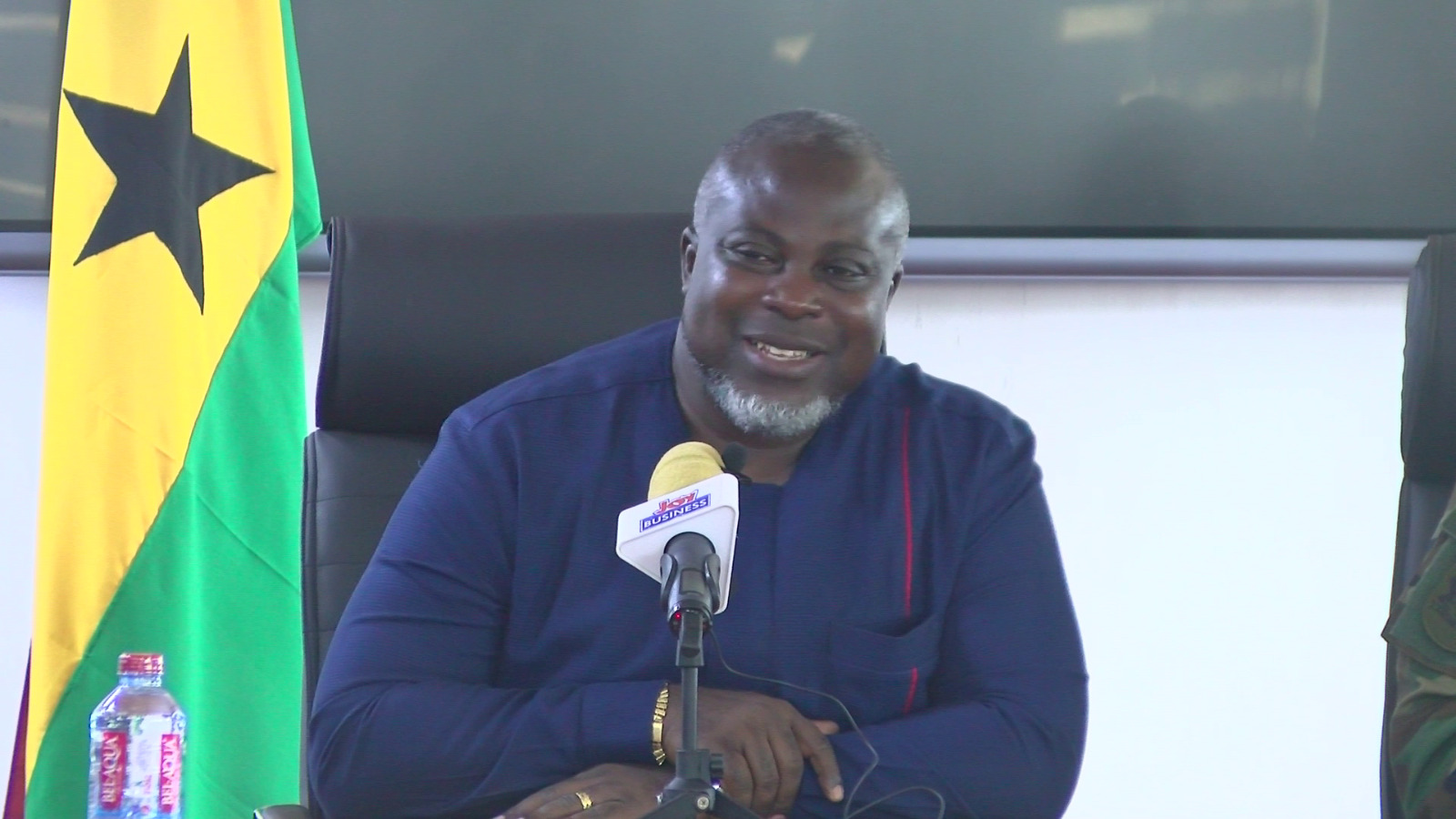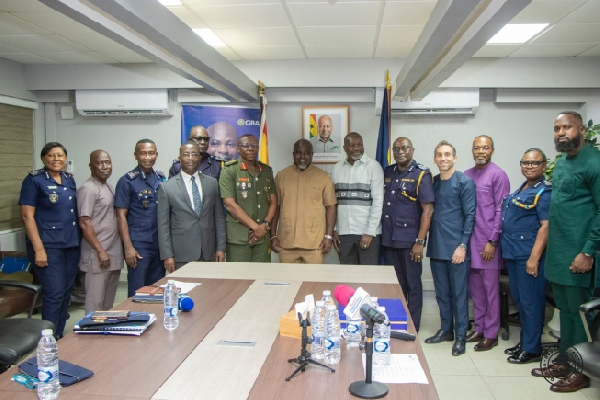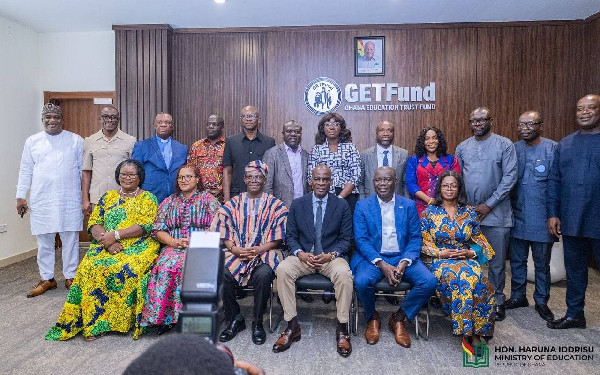President Mahama inaugurates committee to drive exports
Kester Aburam Korankye & Diana Mensah Politics 3 minutes read
The committee, which he will personally chair, has a mandate to grow the country's non-traditional exports from $3.5 billion to $10 billion annually by 2030.
The 18-member committee includes: Presidential Advisor, Goosie Tanoh; Finance Minister, Dr Cassiel Ato Forson; Minister of Trade and Agribusiness, Elizabeth Agyare; Minister of Fisheries, Emelia Arthur, and Minister of Agriculture, Eric Opoku.
Others are the Minister of Justice and Attorney-General, Dominic Ayine; Gen. Paul Seidu Tanye-Kulono, Anthony Kwasi Sarpong, Davies Narh Korboe and Dr Eben Anuwa-Amarh.
The rest are Dr Akushika Andoh, Kwesi Korboe, Sampson Asaki Awingobit , representatives of the Federation of Associations of Ghana Exporters, and the Association of Ghana Industries; a representative of the Ghanaian Fashion Industry, Jacob Nyarko Mensah; and Gabriel Opoku Asare.
The committee forms a key pillar of the administration's 24-Hour Economy agenda.
At the inauguration of the committee at the Jubilee House on Monday, President Mahama said PCAED would serve as an active engine for policy reforms rather than a ceremonial body.
"This committee brings together those who build, create and innovate to drive practical solutions.
"We must build a Ghana that earns more than it borrows, a Ghana that processes more than it exports raw," he said.
The President said there was the urgent need to address systemic bottlenecks, including cumbersome trade procedures, port inefficiencies, and the lack of testing facilities that had constrained the country's export potential.
He said those challenges cost the nation $4.3 billion in lost export revenue annually.
“The Ghana Standards Authority, tasked with safeguarding quality, is often under-resourced.
At the same time, the absence of accredited local laboratories force exporters to rely on foreign testing facilities, raising their costs and causing unnecessary delays.
“At our ports, the overlapping inspections, extended clearance times, and informal fees are all a burden on exporters,” President Mahama added.
The PCAED will work closely with the 24-Hour Economy Secretariat and trade-related agencies to implement reforms that would enhance value addition, improve trade logistics and expand market access under the African Continental Free Trade Area (AfCFTA).
Earlier, Mr Tanoh framed the strategic vision behind the initiative, stressing that export-led growth remained the country’s surest path to economic transformation.
"Despite decades of effort, our export earnings remain underwhelming for an economy of our potential," he said, adding that "most earnings still come from unprocessed cocoa, gold and oil, the principal reason we appear permanently in crisis".
The Presidential Advisor outlined the country's strategic advantages to include coastal access, political stability and hosting of the AfCFTA Secretariat, which had positioned the country to become West Africa's production and export hub.
"Export transformation is not just about revenue, it is about dignity, it's about moving Ghana from the margins to the mainstream of global trade," he said.
The PCAED will hold its first working session next week to develop an implementation roadmap, with quarterly progress reports to the President.










